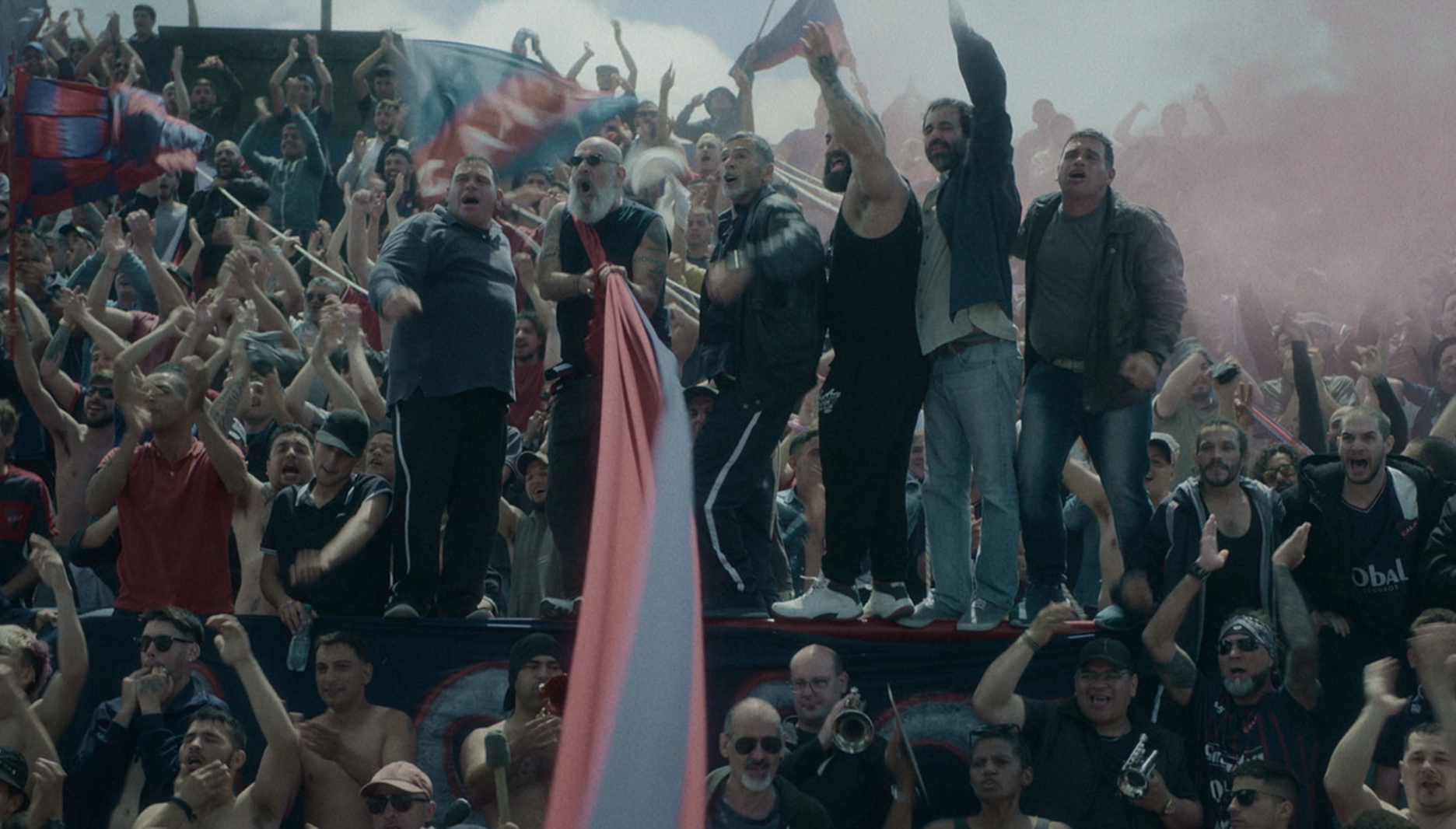Based on the first three episodes watched for this review, Club Hooligans (titled onscreen as Barrabrava) is at its best when it illustrates how disorganized the gang at the center of the narrative really is, especially when their leader's position is threatened. This inherent lack of loyalty and structure contrasts nicely with the stricter culture of family obligation for its lead characters—even though the gang is still where these men find greater meaning. Unfortunately, the show can't quite build as strong a sense of urgency as it thinks, with far too little development happening for both plot and character in the first three episodes. And while the series clearly has production value to spare, its overly familiar gritty style ultimately does Club Hooligans no favors, as it struggles to come up with its own voice and identity.
Synopsis
After vicious infighting, two brothers are expelled of their beloved team’s gang. Alone, without money or political protection, they start a war that puts their brotherhood to the test.
Storyline
When the balance of power shifts within a powerful gang that controls a prominent football club, two brothers plan their next move alongside changes in their family.
TLDR
A great reminder that football fans are only slightly less rabid than film bros when they hear a differing opinion.
What stands out
The family aspect of the show is its most interesting part, mostly because of how the innocence of some of the secondary characters somehow manages to persist despite the violence of the larger world. The character Ximi (played by Violeta Narvay), a teenage girl who has recently come under the custody of her hothead gangster father Polaco (Matías Mayer), makes any situation all the more tense, given her relative fearlessness to face the people around her. The series may bring her further into the spotlight as it goes on, but in the early episodes, there's a sense that she isn't being used in the narrative as much as she should.


